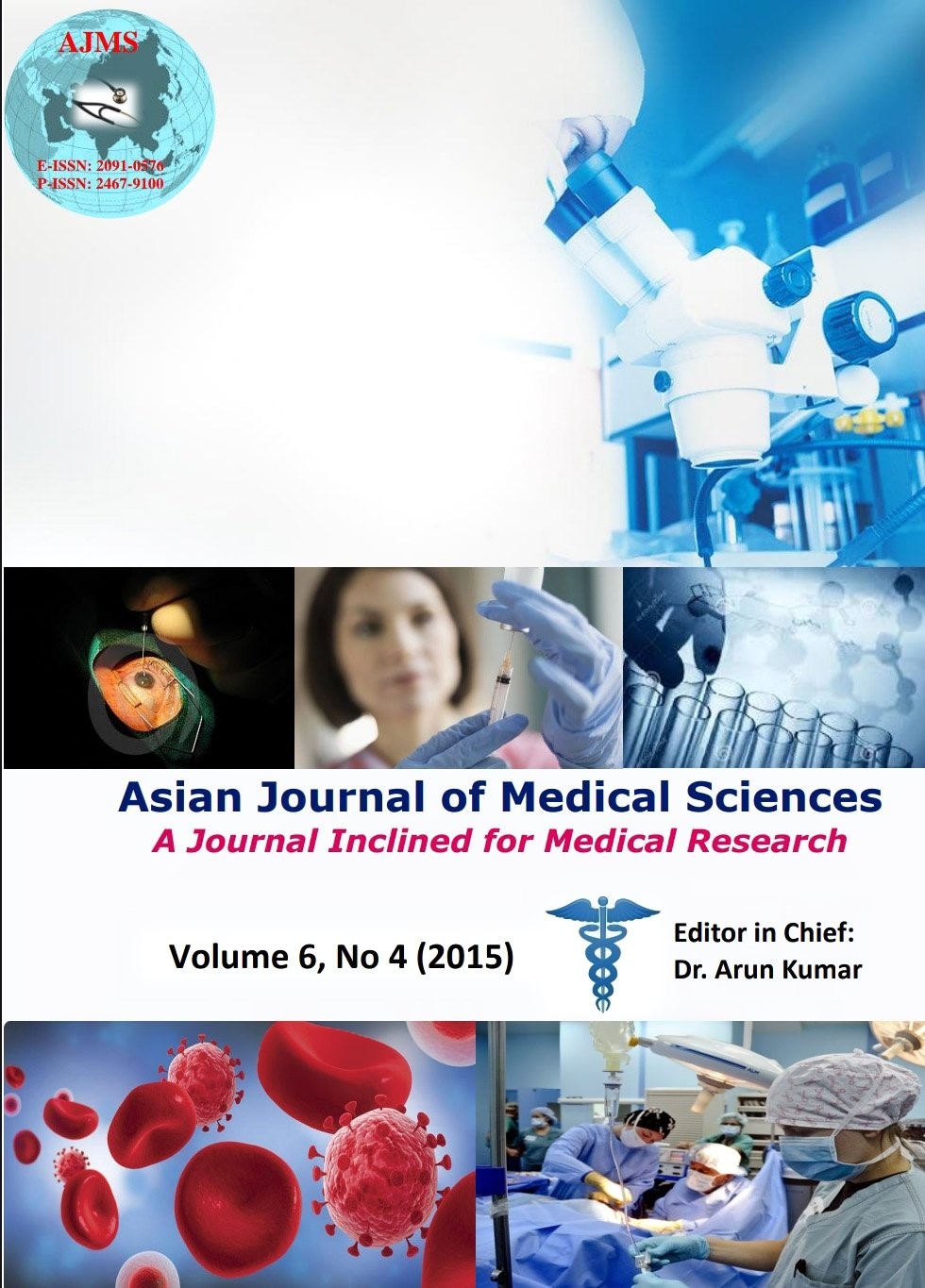Strengthening adverse drug reaction reporting in Nepal
Keywords:
Consumers, Nepal, healthcare professionals, pharmacovigilanceAbstract
Pharmacovigilance in Nepal is still in infancy. Till date only healthcare professionals are involved and the problem of underreporting is seen. The national pharmacovigilance centre is located in the national regulatory authority of Nepal, i.e. Department of Drug Administration (DDA). Lack of adequate human resources for managing the pharmacovigilance program in Nepal has been a limitation for the growth of pharmacovigilance activities. Currently, there is neither any involvement of community pharmacists in Adverse Drug Reaction (ADR) reporting process nor any involvement of consumers for the same. This paper reviews the current status of pharmacovigilance and mentions possible benefits of involving consumers or patients in the existing pharmacovigilance program. A systematic review were conducted by searching different databases like PubMed, Google scholar, EMBASE, NepJOL, and Scopus. This study also describes the role of healthcare professionals in ADR reporting, possible reasons for underreporting of ADRs, regulatory perspectives and benefits of involving consumers in pharmacovigilance.
DOI: http://dx.doi.org/10.3126/ajms.v6i4.11659
Asian Journal of Medical Sciences Vol.6(4) 2015 9-13
Downloads
Downloads
Additional Files
Published
How to Cite
Issue
Section
License
Authors who publish with this journal agree to the following terms:
- The journal holds copyright and publishes the work under a Creative Commons CC-BY-NC license that permits use, distribution and reprduction in any medium, provided the original work is properly cited and is not used for commercial purposes. The journal should be recognised as the original publisher of this work.
- Authors are able to enter into separate, additional contractual arrangements for the non-exclusive distribution of the journal's published version of the work (e.g., post it to an institutional repository or publish it in a book), with an acknowledgement of its initial publication in this journal.
- Authors are permitted and encouraged to post their work online (e.g., in institutional repositories or on their website) prior to and during the submission process, as it can lead to productive exchanges, as well as earlier and greater citation of published work (See The Effect of Open Access).




